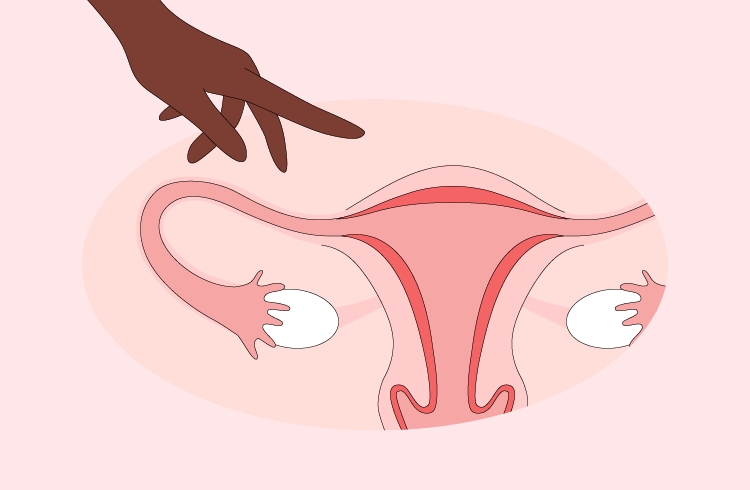Sleep is a fundamental aspect of overall health, and its importance becomes even more pronounced when considering its intricate connection to women's reproductive health. Sleep disorders can exert a profound influence on various aspects of women's reproductive health, affecting fertility, menstrual cycles, and overall productivity. Let's delve into how sleep disorders can impact the delicate balance of women's reproductive health.
1. Disruption of Hormonal Balance:

Sleep plays a crucial role in maintaining hormonal equilibrium, and any disruption can affect the delicate interplay between reproductive hormones. Sleep disorders, such as insomnia or sleep apnea, can lead to irregularities in the secretion of estrogen and progesterone, potentially impacting menstrual regularity and fertility.
2. Fertility Challenges:
For women trying to conceive, the relationship between sleep and fertility is crucial. Sleep disorders may interfere with the ovulation process, disrupt menstrual cycles, and contribute to difficulties in achieving and maintaining pregnancy. Prioritizing healthy sleep habits is particularly important for women navigating the journey to motherhood.
3. Menstrual Irregularities:
Sleep disorders have been linked to irregular menstrual cycles, including irregular periods and heavier menstrual flow. The intricate dance of hormones that govern the menstrual cycle is sensitive to external factors, and sleep disturbances can contribute to hormonal imbalances that manifest as menstrual irregularities.
4. Impact on Pregnancy:

Pregnant women are not immune to the effects of sleep disorders. Poor sleep during pregnancy has been associated with an increased risk of complications such as gestational diabetes and preeclampsia. Additionally, sleep disorders can contribute to fatigue and mood disturbances, affecting the overall well-being of expectant mothers.
5. Postpartum Challenges:
New mothers often face sleep disruptions due to the demands of caring for an infant. However, persistent sleep disorders can exacerbate postpartum challenges, contributing to mood disorders such as postpartum depression and interfering with the recovery process.
6. Overall Productivity:
Beyond the realm of reproductive health, sleep disorders can significantly impact a woman's overall productivity. The fatigue and cognitive impairment associated with inadequate sleep can affect work performance, decision-making abilities, and overall quality of life.
Tips for Maintaining Reproductive Health Through Better Sleep:

1. Establish a Consistent Sleep Schedule: Stick to a regular sleep-wake schedule to regulate circadian rhythms.
2. Create a Relaxing Sleep Environment: Make your bedroom conducive to sleep by keeping it dark, quiet, and comfortable.
3. Limit Stimulants: Avoid stimulants such as caffeine and nicotine close to bedtime.
4. Prioritize Stress Reduction: Engage in relaxation techniques like meditation or deep breathing to alleviate stress and promote better sleep.
5. Use Femometer Smart Ring to Track Your Sleep: Consider utilizing innovative tools like the Femometer Smart Ring to monitor and analyze your sleep patterns. This wearable device provides valuable insights into your sleep quality, helping you make informed decisions to enhance your overall reproductive health.

6. Seek Professional Help: If sleep disorders persist, consult with a healthcare professional for a thorough evaluation and appropriate interventions.
In conclusion, the impact of sleep disorders on women's reproductive health is a multifaceted issue. By recognizing the intricate connections between sleep, hormones, and reproductive function, women can take proactive steps to prioritize healthy sleep habits and foster overall well-being.
This article is the original creation of Femometer. All rights reserved by Femometer Inc. To reproduce, distribute, or reference the content, please reach out to us in advance to prevent any potential legal issues. Copyright © Femometer Inc.










